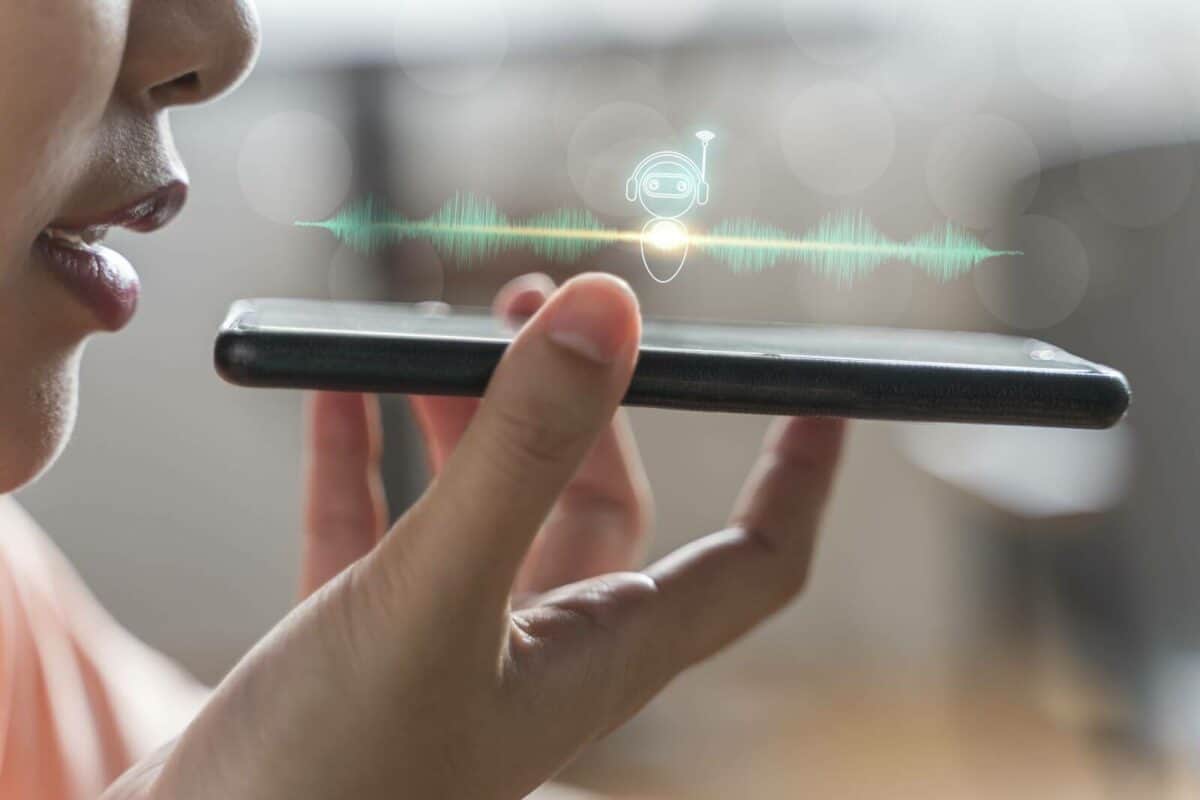Meanwhile programmers at University of Texas at Dallas, Panahi, led by co-principal investigator Dr. Linda Thibodeau, created a smartphone app that helped with the localization sound. Localization is the ears’ ability to determine which direction a sound is coming from and is a common issue for those with hearing impairments which increases the risks of falls and accidents. The app relies on a massive library of sounds to identify and diminish background noise, to aid in ease of hearing! When the app is open on your smartphone “clean speech is transmitted to the hearing aid devices or earbuds,” explains Panahi.
Do You Need AI In Your Hearing Aids?
Technology is constantly evolving to make our lives easier and with this AI in hearing aids will most likely become more and more common—perhaps even the new standard in amplification. Currently AI has a higher price point as the technology is still being developed but before most of us realize AI will most likely be a common part of our listening experience, much in the way that Smartphones are used every day. Currently while some patients who are less active due to mobility issues may not find as much benefit from AI adaptive technology, many people who navigate a lot of different listening environments and crowded social situations will already start to enjoy the benefits.
Are AI Hearing Aids Right for You?
Do you love to be on the forefront of ease of use in technology? If so, ask us about AI hearing aids. We have a few models to choose from. CWhat does Artificial Intelligence (AI) mean to you? Most people associate it with robot uprisings or a mechanical sidekick from their favorite science fiction movie, but today AI is integrated into our lives in ways that may surprise you. Set aside thoughts of the machines taking over: From adaptive suggestions through social media, to smart home devices, AI is quietly becoming part of our everyday life and making our lives easier every day. One area where AI is making huge advancements in ease of use and adaptability is in hearing aids, which can actively enhance our listening experience moment by moment!
AI And Machine Learning
Even with hearing aids, following conversations in a crowd continues to be a challenge. It can be a struggle to prioritize the speech you want to hear from other conversations and background noise. You just can’t turn your hearing aids up, as this won’t solve the issue of eliminating background noise. However, hearing aids with artificial intelligence are working to make situations like this easier for you, so you don’t have to work harder to hear. Your hearing aids equipped with AI are not only reacting to a pre programmed set of parameters.
They are programmed to track your listening patterns and behaviors and adapt to them. AI in truth doesn’t mean humanoid robots’ companions but the ability of a machine to simulate human intelligence, performing a set of tasks that require “intelligence” based on a program to allow them to track your patterns. “Artificial intelligence is a very broad definition. Machine learning, neural networks, deep learning, and all of those, fall under the AI umbrella,” explains Issa M.S. Panahi, PhD, professor of electrical and computer engineering in the Erik Jonsson School of Engineering and Computer Science at the University of Texas at Dallas.
Deep Neural Network: AI of this nature is designed to emulate the neural habits of the brain, without being explicitly programmed how to react in a given situation. This means that AI in your hearing aids will attempt to predict a solution for a task and make conclusions using its previous experience. This is often also explained as machine learning.
How will your hearing aids optimize AI
AI equipped hearing aids are constantly collecting data about your listening behaviors and using DNN to mimic how your brain would hear sound if you didn’t have hearing loss. For instance, researchers at the Perception and Neurodynamics Laboratory (PNL) at the Ohio State University have created DNN programming which distinguishes speech sound that most people struggle to hear in noisy settings and prioritizes it over other distracting background sounds.
Contact us today for a hearing consultation and to explore the future of hearing aids now!

